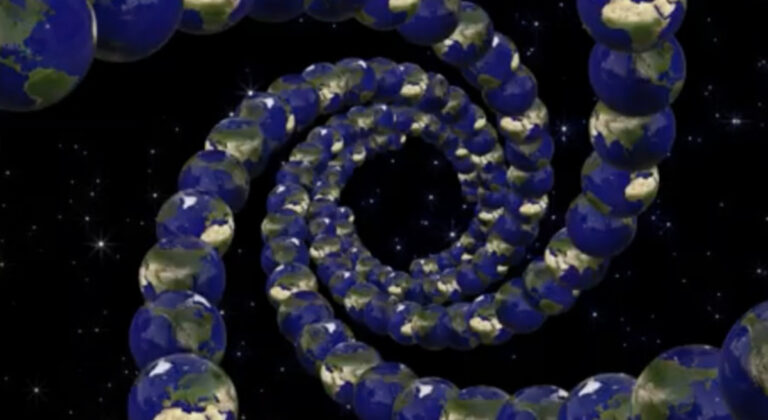Unraveling the Mystery of Shared False Memories
Have you ever been convinced of a fact, only to discover that many others share your incorrect memory? This phenomenon, known as the Mandela Effect, has sparked curiosity and debate across the internet. Named after the widespread false memory of Nelson Mandela’s death in the 1980s (when he actually passed away in 2013), this effect raises intriguing questions about the nature of memory and reality.
What is the Mandela Effect?
The Mandela Effect refers to a situation where a large group of people remembers something differently than how it occurred. These collective false memories are often incredibly specific and detailed, leading to confusion when confronted with reality. Examples include people recalling the Berenstain Bears as the Berenstein Bears, or remembering the Monopoly man with a monocle, which he never had.
Psychological Explanations
Psychologists suggest several reasons for the Mandela Effect. One theory is that our memories are not as reliable as we think. Human memory is reconstructive rather than reproductive, meaning we rebuild our memories each time we recall them. This process can introduce errors, especially when influenced by outside information. Cognitive psychologist Dr. Elizabeth Loftus has demonstrated through various studies how easily false memories can be implanted in people’s minds.
Parallel Universes and Quantum Theory
Some theorists propose more extraordinary explanations for the Mandela Effect, suggesting it might be evidence of parallel universes or alternate realities. The idea is that discrepancies in our memories could result from intersecting timelines or dimensions. While this theory sounds like something out of science fiction, it has some basis in quantum mechanics. The Many-Worlds Interpretation, proposed by physicist Hugh Everett, posits that every possible outcome of a quantum event exists in its own separate universe.
Real-Life Examples
I remember vividly debating with my friends about the spelling of “Berenstain Bears,” swearing it was “Berenstein.” The realization that we all shared the same false memory was both unsettling and fascinating. Another common example is the line “Luke, I am your father” from Star Wars, which is actually “No, I am your father.” These shared misrememberings make the Mandela Effect a compelling topic of discussion.
The Internet’s Role
The internet has played a significant role in spreading and validating these shared false memories. Online forums and social media platforms provide a space for people to share their experiences, finding comfort and confirmation in the fact that others remember things the same way. This collective reinforcement can make the false memories feel even more real.
Scientific Skepticism
While the idea of parallel universes is captivating, most scientists remain skeptical. They emphasize the fallibility of human memory and the influence of social and cognitive factors. Dr. Henry Roediger, a memory expert, explains that memory distortions are a natural part of the human experience, often influenced by suggestion and the blending of fact and fiction over time.
Conclusion
The Mandela Effect continues to intrigue and puzzle both the public and scientists. Whether it’s a psychological phenomenon, evidence of parallel universes, or simply the quirks of human memory, it invites us to question how we perceive and remember the world around us. As we explore these shared false memories, we gain deeper insights into the complexities of the human mind.
For those interested in delving deeper into the science behind memory and the Mandela Effect, reputable sources such as the American Psychological Association (APA) and recent cognitive psychology research provide valuable information. Whether you view it as a fascinating psychological puzzle or a hint of something more extraordinary, the Mandela Effect remains a topic that captivates our collective imagination.






